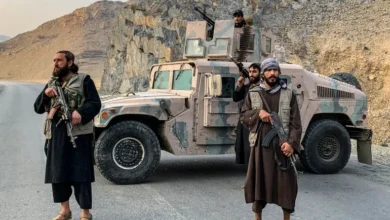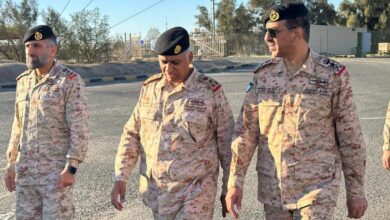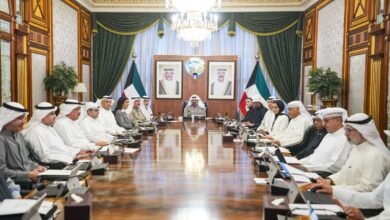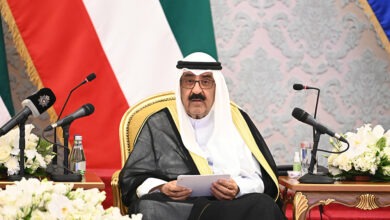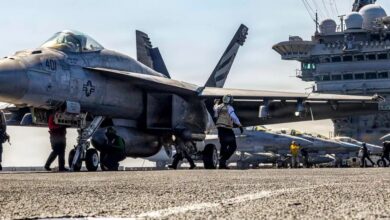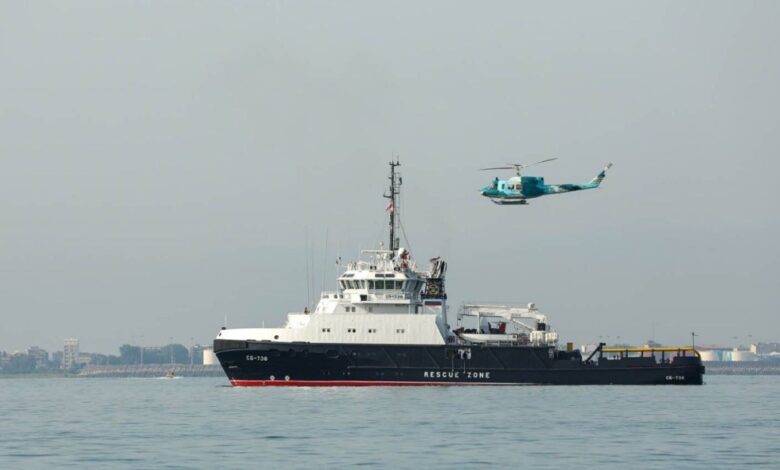
Russian-Iranian naval exercises began yesterday in the Caspian Sea under the slogan ‘Together for a Safe and Secure Caspian Sea.’
The three-day drills involve participation from the Iranian Navy, the Islamic Revolutionary Guard Corps (IRGC), Iran’s Internal Security Forces, and the Russian Navy, with observers from other Caspian littoral states. The joint operation aims to reinforce regional maritime security and enhance cooperation among participating forces.
Meanwhile, as diplomatic efforts between Washington and Tehran remain stalled after the intense 12-day war between Israel and Iran — during which the U.S. carried out strikes on three of Iran’s key nuclear sites — a new development emerged.
According to a senior source close to Iran’s Supreme Leader Ali Khamenei, U.S. President Donald Trump sent a verbal message to Khamenei, relayed by Pakistani Interior Minister Syed Mohsen Naqvi during a recent visit to Tehran.
The message, delivered on behalf of Trump via Pakistan’s military chief General Asim Munir (who had met with Trump just days before the war), included stern warnings and conditional offers for renewed negotiations.
Trump reportedly insisted that the U.S. does not seek war, but urged Iran to take the recent conflict as a “lesson,” warning that neither Russia, China, nor their proxies would come to Iran’s aid in a future confrontation.
Trump’s conditions for a new agreement include: (1) a verifiable halt to Iran’s nuclear weapons ambitions, including ceasing uranium enrichment, and (2) an end to Tehran’s hostility toward Israel, with a willingness to join Washington’s regional peace framework.
Trump expressed readiness to hold direct talks with Khamenei to sign what he called a “historic agreement” resolving all disputes.
In a possible response, Khamenei affirmed last week that Iran remains fully prepared to retaliate against any future military attack, vowing a stronger blow than the one delivered during the recent conflict with Israel.
He warned all global powers — explicitly referencing Russia, China, and the U.S. — that Iran is neither weak nor isolated, and retains strength on both military and diplomatic fronts.
Meanwhile, U.S. intelligence assessments suggest that while one of Iran’s nuclear facilities was nearly destroyed in the strikes, the other two suffered only partial damage and may resume operations.
Discussions are reportedly ongoing in Washington and Tel Aviv about further military action should Iran refuse to return to the negotiating table.








